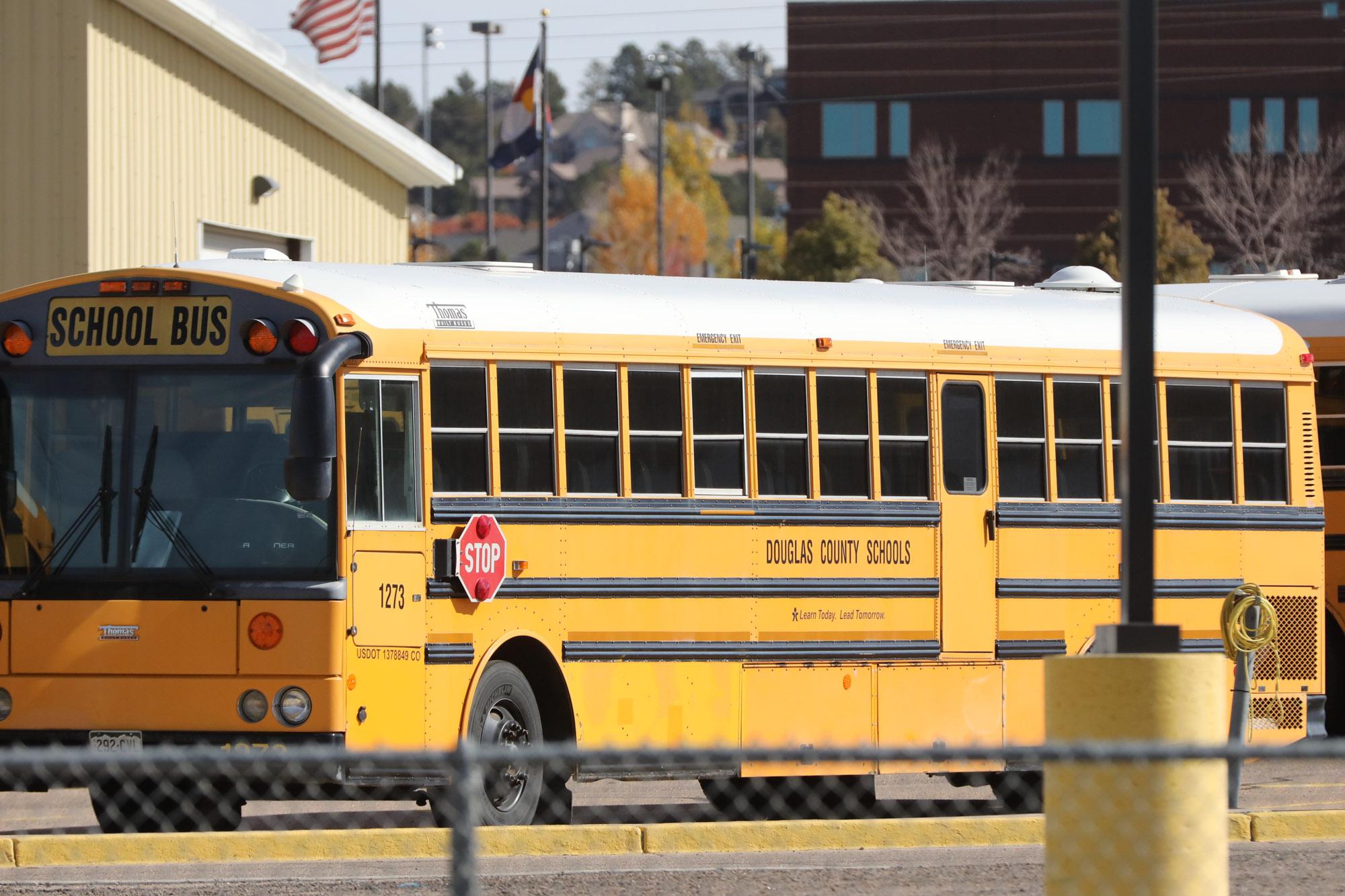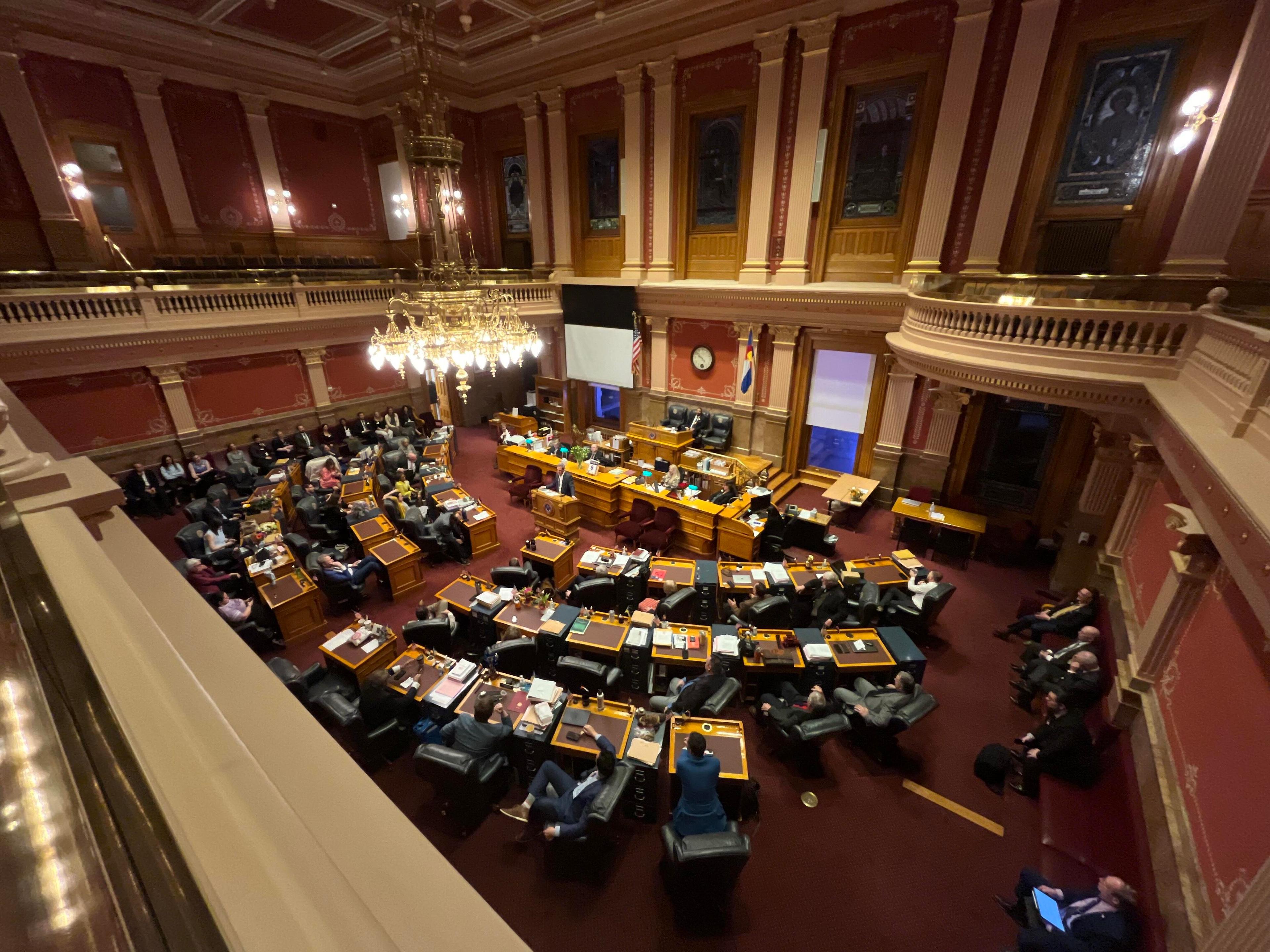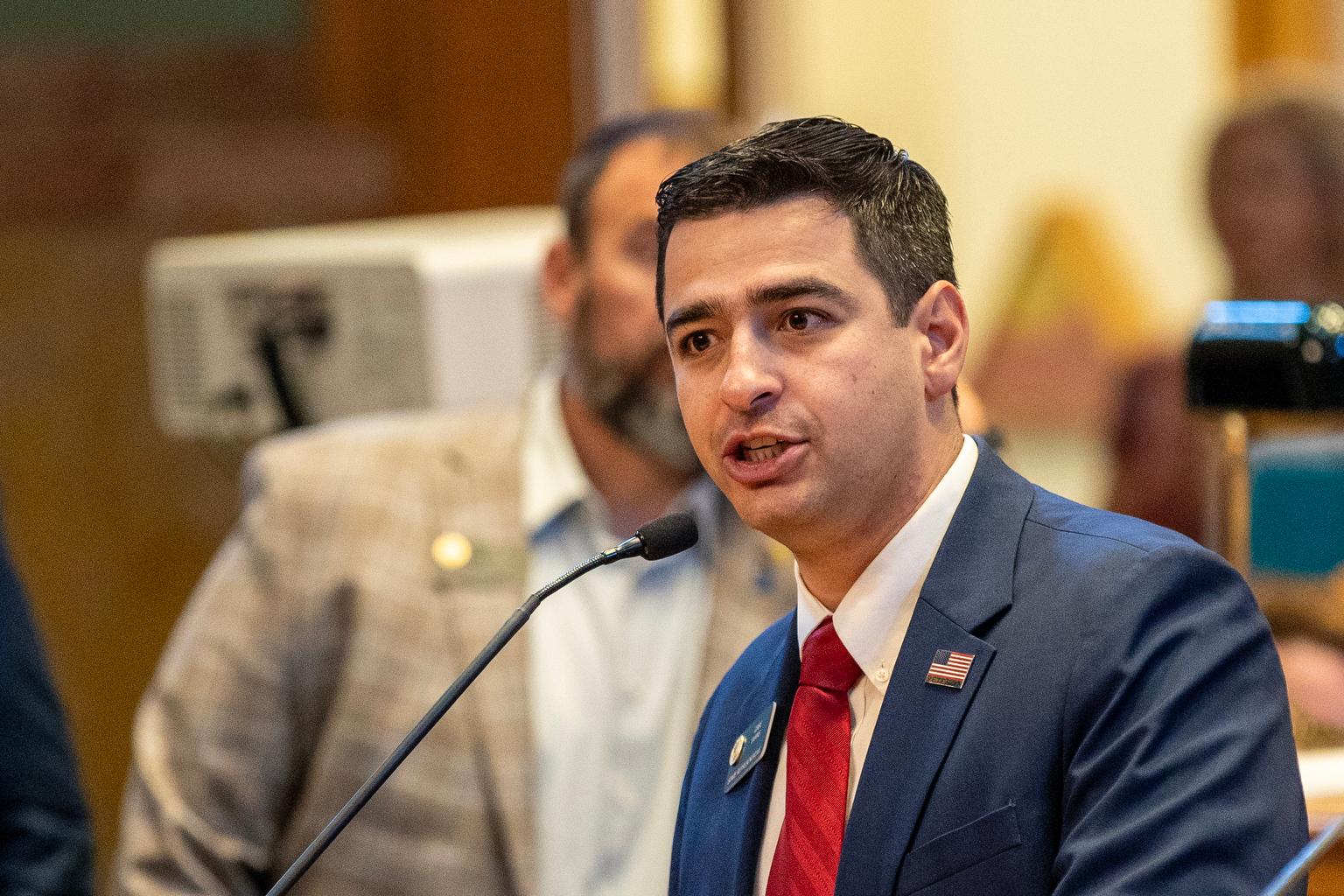
A Douglas County District Court granted a preliminary injunction on Thursday against four members of the county school board, forcing them to comply with Colorado’s open meetings law.
Douglas County School Board President Mike Peters, Vice President Christy Williams, Kaylee Winegar and Becky Myers have been ordered not to discuss public business or take formal action by three or more members of the board — either as a group or through a series of meetings — unless those meetings are open to the public.
According to the order by Judge Jeffrey Holmes, “the evidence indicates that four members of the board collectively committed, outside of public meetings, to the termination of (Superintendent Corey) Wise’s employment.”
The school board voted 4-3 to fire Wise at a meeting on Feb. 4.
“The fact that no public comment was permitted at the February 4th meeting is additional evidence of the Individual Defendants’ commitment to their course of action,” Holmes writes.
Colorado courts haven’t ruled specifically on whether “walking quorums” or “daisy-chain decision-making” violate the state’s open meetings laws.
Evidence that board majority broke state open meetings law, judge rules
Robert Marshall, a Douglas County resident who raised children in the district, filed the lawsuit, alleging that private phone calls between four board members led to Jan. 28 meeting in which Peterson and Williams met with Wise to tell him of their consensus to “move in a different direction.”
Marshall argued that while three or more board members did not meet at the same time, they still violated open meetings law by relaying information about their mutual dissatisfaction with Wise in various phone calls to each other through what he called “daisy chain” and “hub and spoke” methods. This form of serialized communication is also known as a “walking quorum.”
Holmes noted, however, other states have addressed this issue, such as a Hawaii court that held when city council members engaged in a series of one-on-one meetings relating to an item of council business, “the spirit of the open meeting requirement was circumvented and the strong policy of having public bodies deliberate and decide business in view of the public is thwarted and frustrated.”
The district, which couldn’t be reached for comment by publication time, can appeal the ruling.
In the DougCo case, Holmes wrote, “the hiring and firing of a school district’s superintendent is clearly a matter of public business. Discussion by members of the BOE, let alone ultimate decisions on this subject should be conducted at meetings open to the public.”
The other three board members not involved in the lawsuit — Susan Meek, David Ray and Elizabeth Hanson — said they were not informed of the meeting with Wise until afterward.
The court ruled there is enough evidence to demonstrate that board members broke Colorado’s open meetings law. Holmes wrote that Colorado’s open meetings law provides that even “the formulation of public policy…may not be conducted in secret.”
“Circumventing the statute by a series of private one-on-one meetings at which public business is discussed and/or decisions reached is a violation of the purpose of the statute, not just its spirit,” he wrote.
The injunction was the first step in arguing the four board members acted unlawfully and that the actual board meeting where they removed Wise was simply a rubber stamp of their earlier decision.
“Judge Holmes’ well-reasoned ruling recognizes that local public bodies cannot circumvent our state’s Open Meetings Law by discussing public business – and making important policy decisions – through a series of meetings by two members at a time,” Marshall wrote in an email on Thursday. “The four newly-elected School Board directors deliberately used this scheme to evade public scrutiny as they discussed and decided … to terminate the District Superintendent’s contract.”
Marshall said in an interview that because the hearing for a preliminary injunction acted as a “mini-trial” where the judge ruled in his favor on all points, he feels confident about a permanent injunction to permanently prevent the board majority from engaging in any one-one-one decision-making. If the district doesn’t agree, he said the matter then goes to trial.
The court’s ruling is not binding on any other school district, it only acts as “persuasive authority,” according to Steve Zansberg, the plaintiff’s attorney. Only published decisions by the Colorado Court of Appeals or Colorado Supreme Court are binding statewide.









